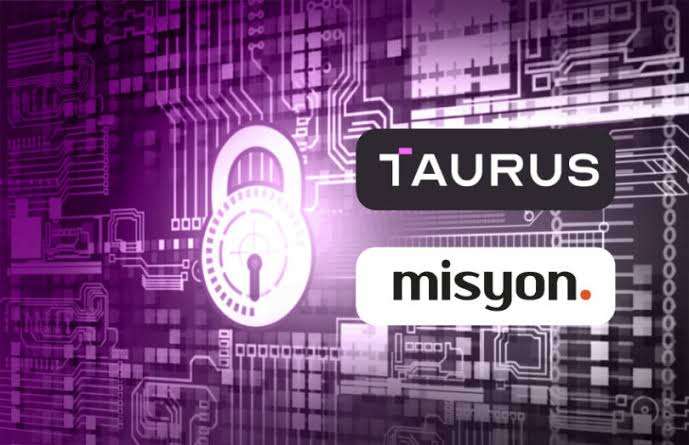The collaboration expands Misyon Bank’s offerings to various institutions, leveraging Taurus’s technology.
Misyon Bank of Turkey and Taurus, a Swiss firm, have partnered to utilize Taurus’s technology for digital asset custody and tokenization.
Turkey’s neobank, founded less than a year ago, reportedly intends to establish itself as a regional hub of excellence for tokenization and custody services, as reported by the local media outlet BThaber.
Recognized clients of Taurus in the digital asset industry include Credit Agricole, Credit Suisse, and Deutsche Bank, of which the latter are investors.
Through this collaboration, Misyon Bank can now provide digital custody services to a wide array of institutions, including family offices, central banks, portfolio management firms, brokerage firms, fintech, and banks.
Misyon Bank’s Vision
Dr. Onder Halisdemir, CEO of Misyon Bank, commented, “With our vision to transform Turkey into the Switzerland of its region, we have taken a significant stride forward for our country and region.”
By the time the domestic regulatory framework for digital asset custody services in Turkey is fully developed, Misyon Bank intends to transform the country into an alluring center for tokenization and custody services in the region.
Legislation about crypto-assets has advanced in Turkey, as the Finance Minister recently declared that the finishing touches are being put on the regulations.
Turkey has observed numerous endeavors related to tokenization and cryptocurrencies, along with the advancement of central bank digital currency (CBDC) explorations.
Late in 2023, HSBC initiated a gold tokenization initiative. Takasbank introduced Biga Gold in 2019, and in 2023, Garanti BBVA introduced Garanti BBVA Digital Assets. In 2022, Colendi, a payments firm, acquired SETL, an enterprise blockchain firm.
Halisdemir stated, “Once the legal regulations in our country are finalized, these initiatives will position Turkey favorably in the realm of asset storage and tokenization and provide a regional arena for action.”
Leading investment risk assessment firm Moody’s disclosed in a report earlier this year that the increasing tokenization of U.S. treasuries caused the value of tokenized funds to soar from $100 million at the start of 2023 to approximately $800 million by the end of the year.
Diverse assets are being incorporated into both public and private blockchains, according to the report.
UBS Asset Management deployed a tokenized money market fund (MMF) on the Ethereum blockchain; Backed Finance introduced a tokenized short-term U.S. Treasury bond exchange-traded fund (ETF); and Franklin Templeton’s U.S. Government Money Fund transitioning from Stellar to Polygon are a few of the most prominent instances.
Moody’s states that the tokenization of MMFs presents an opportunity to integrate their inherent stability with the technological benefits associated with stablecoins.
DigiFT, a fintech company headquartered in Singapore, announced the introduction of its US Treasury bill depository receipt (DR) tokens on Monday.
By acquiring DR tokens, investors can obtain a portion of the underlying US Treasury bills, thereby gaining exposure to the historically stable US debt market without requiring a significant initial investment.












